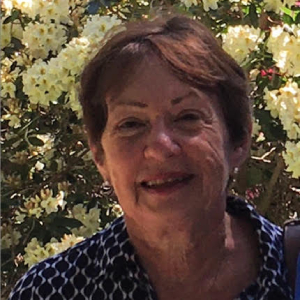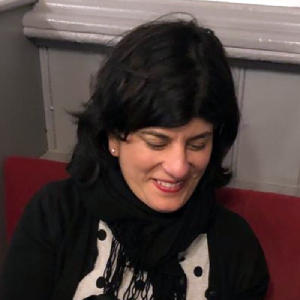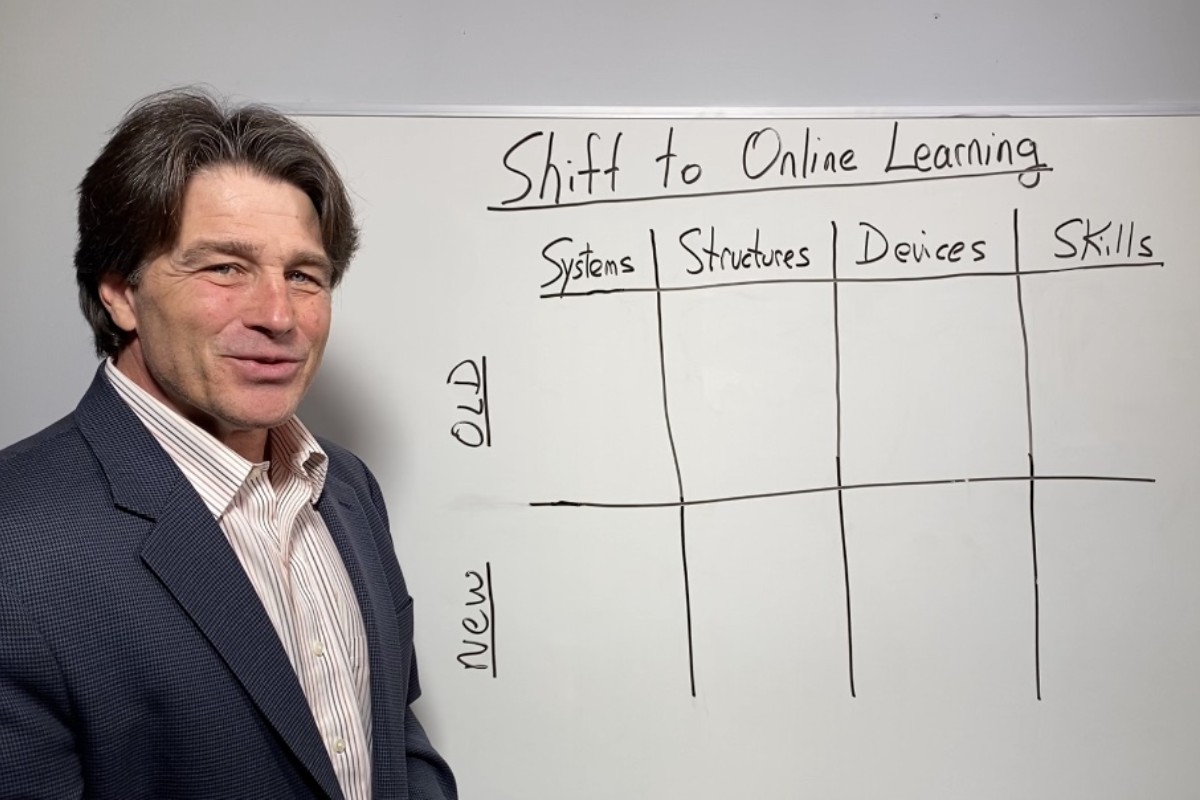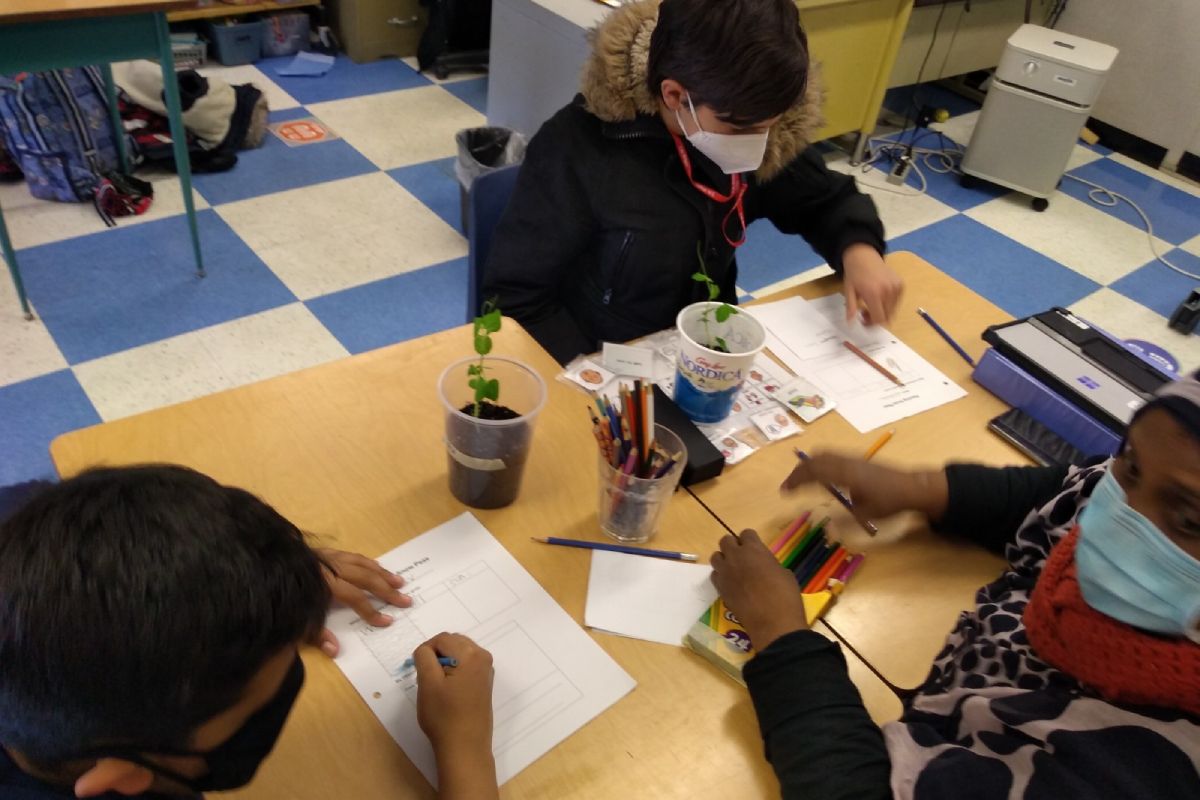Creating a Professional Learning Community for Student Teachers
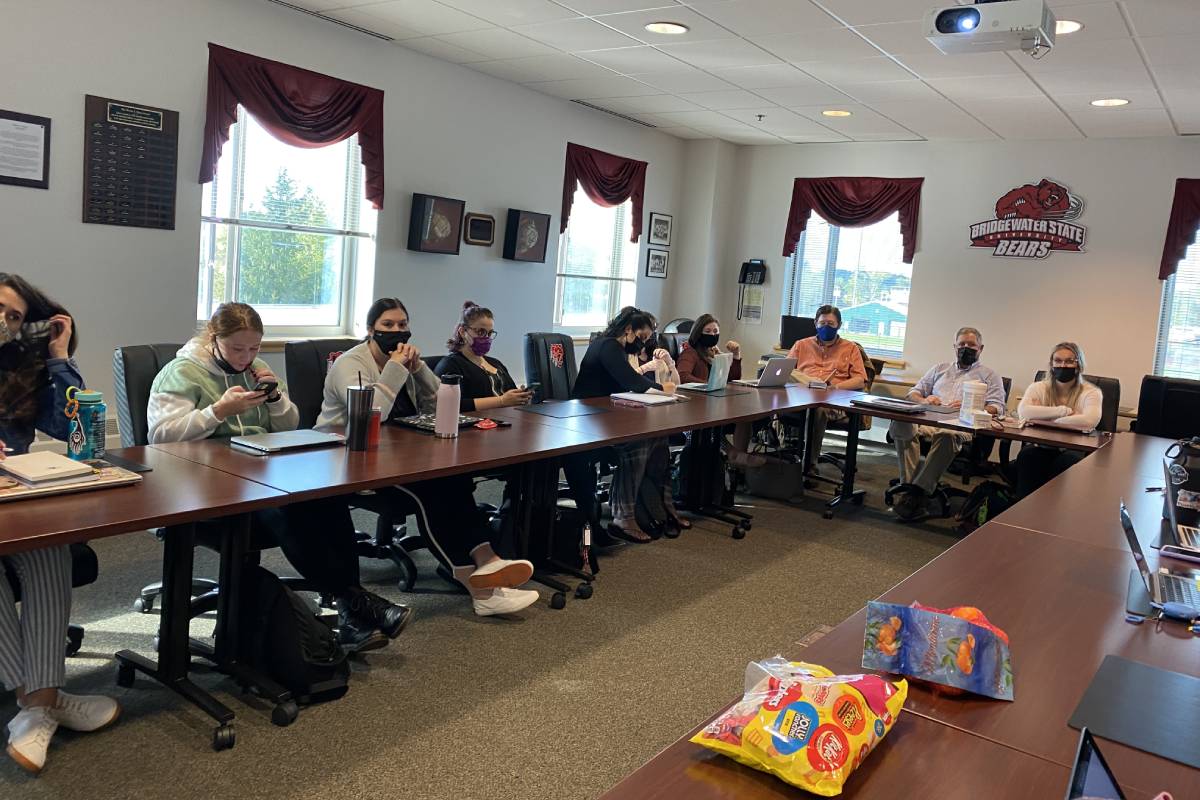
The old adage “Those who can, do. Those who can’t, teach” is certainly a misnomer in today’s world. If these past two years have shown us anything, it’s that teaching is hard work. Really hard work. While there is not an exact science to teaching, pre-practicum and practicum work has proven to provide teacher candidates with the tools to be successful. But all teacher candidates do not have the same practicum experience; some receive lots of support from their supervisors, while others have to navigate the waters alone. Learning about such vastly different experiences for teacher candidates was the impetus for us to figure out how to level the playing field and we found that teaching seminars can help.
December 24, 2016: teacher candidates had successfully completed the practicum, grades were in at Bridgewater State University, and another positive semester was done. Practicum supervisors breathed a welcome sigh of relief and concentrated on preparing a holiday feast for family and friends. In one such supervisor’s home, a phone goes off with an insistent ring from an unfamiliar number. Not wanting to ignore it, the program supervisor answers. It was a teacher candidate with whom she was acquainted, but not assigned, who tearfully cried, “I don’t know what I am supposed to do about the assignments. What am I supposed to submit, and where am I uploading my work? I don’t know what to do!” In disbelief, the program supervisor tried to help her navigate through the monumental task of completing the practicum requirements at the eleventh hour.
While we had noticed throughout the semester that teacher candidates were having inconsistent experiences, this phone call revealed how this reality was preventing some teacher candidates from being successful. Whether it be uninformed supervisors, poor communication between supervisors and teacher candidates or a bad supervisor/teacher candidate match, all these created challenging situations that left teacher candidates feeling unprepared to enter the classroom. How could we fix this? We knew the teacher candidates were receiving the same information about the practicum requirements, but they did not all receive the same level of support.
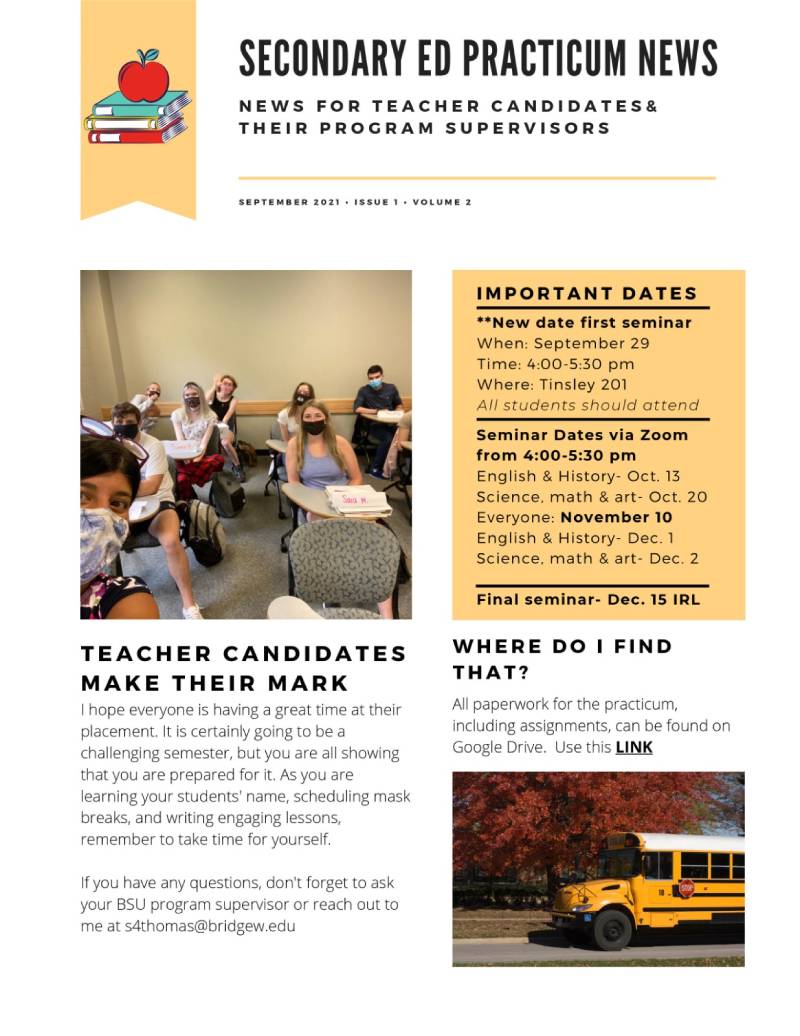
After reading literature and getting feedback from former students, the decision was made to create a professional learning community of teacher candidates and use seminars to provide them with wrap-around support from the college, the program supervisors, and the teacher candidates themselves. The goal was to facilitate their problem solving, celebrate their success, and provide guidance as to how to meet the practicum requirements. It was important that every teacher candidate receive the same level of coaching around the logistical requirements of the practicum. The university would be assured that our teacher candidates were well prepared for the rigors of licensure and employment. Modeling the kind of collegial give and take, which is such an integral part of a strong teaching environment, would help to build teacher candidates’ self confidence by strengthening their ability to problem solve and network.
While we were confident that the seminars would benefit the teacher candidates, the greatest challenge faced was proving that the seminars had value and actionable takeaways. Initially, seminars were not required, and included off campus meetings to encourage participation. Noting the success of these ‘meetings’, and the feedback from the students, we were able to include them in the practicum requirements beginning in the 2017-2018 academic year, and began developing a strategy that would work for us.
Based on student feedback, seminars were held right after the school day on the university campus. A theme was chosen for each seminar, but teacher candidates were also encouraged to bring questions and concerns to the table, despite their relevance to the theme. The seminars were held in a conference room and snacks were provided (what teacher doesn’t appreciate homemade cookies or fresh fruit?). A typical seminar began with housekeeping and then moved into the theme. From the questions asked by the teacher candidates, it was apparent that the seminars helped close the gap between students who were receiving a great deal of support from their supervisors and cooperating teachers and those who weren’t. Since attendance grew each semester, teacher candidates were eventually separated by content area and moved to nearby classrooms, where they were able to ask specific questions that related to their subject matter.
As facilitation and plans improved, there was more engagement of the students, and more useful takeaways. Dedicating seminars to topics such as classroom management, completion of the practicum responsibilities, engaging and motivating learners, and career services provided teacher candidates with the tools they needed to be successful during and after the practicum. And, as they became more comfortable with this PLC, they willingly shared their problems with individual teaching settings, content and resources issues, as well as first year teacher challenges. Providing them with a comfortable environment, where there was no judgment and no supervisor present to evaluate them, the candidates were enabled to be candid in their questioning and responses.
Throughout the seminars we were inspired by the positive ways they offered practical solutions to common problems, reported achievements and disappointments, and supported one another. Heads would nod when a student vented about the problems which they encountered in the classroom, and a mutual sigh of relief was heard when possible solutions were offered by the group. Laughter would break out when a funny anecdote was shared, and a genuine sense of camaraderie was felt. The teacher candidates had created their own learning community by guiding the discussions, posing the questions, and assisting each other and we were privileged to watch it all unfold. One candidate said, “It was nice to connect with people who were having similar experiences. Sometimes, it is easier to speak with and give or get advice from peers than it is from more knowledgeable [supervising practitioners].”
In the spring of 2020, schools across the globe were met with the most daunting challenge yet–the Covid-19 pandemic. Everyone was stunned by the tidal wave of the pandemic and its impact on our schools. As teacher candidates and their supervising practitioners scrambled rapidly to change and teach remotely, seminar plans had to adjust, too. With the technology available, the seminars continued on Zoom, though they were offered later in the evening in order to give the teacher candidates a break from screens. The teacher candidates recounted the uncertainty and highly stressful move to remote learning along with their supervising practitioners. Remarkably, the seminars served an even more important purpose of being a learning environment for teacher candidates to share best practices and hands-on solutions. Though the majority of the teacher candidates are not digital natives, their students are, so the teachers were often playing catch up on the best digital tool to use for learning. During the seminars, breakout rooms were created and teacher candidates were separated by content area, so they could address topics specific to their needs.
In preparation for the school year that would begin remotely, teacher candidates were invited to attend a ‘digital bootcamp’ in August where former students and current staff presented the tools they used successfully in the digital classroom. Teacher candidates used this information to help them prepare for remote learning. After completing 1 1/2 years of remote seminars, the value of them cannot be understated. All of the teacher candidates were actively engaged in the discussions, contributed to the chat with questions and solutions, and demonstrated a strong sense of collegiality. As one student commented, “It was helpful to hear about other teachers’ experiences especially during COVID. I also learned strategies from the advisors and other teachers that I could use immediately in my classroom.” More program supervisors participated and offered their insight in the virtual seminars, an unexpected positive consequence!
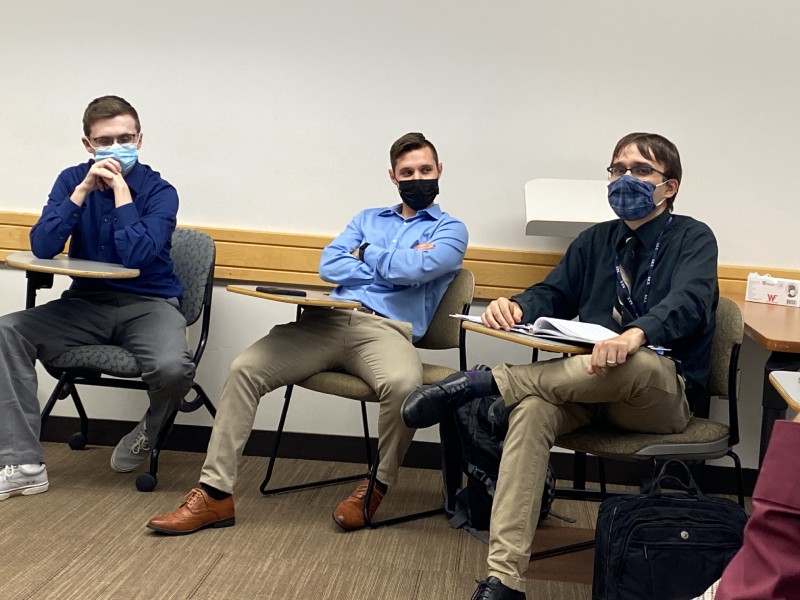
The future:
The seminars have cemented our thinking of the impact of the professional learning community we have created for our teacher candidates. Our next steps are to reflect on key areas for development:
Future seminar topics:
Self care for teachers, engaging and including students who are remote learners, building community in a hybrid model, and helping students and teacher candidates work through mental health challenges. We will also provide information about resources for students on campus, such as: emergency housing and food, tutoring, and engagement opportunities.
The best format for the seminars:
On-campus and/or continue to offer remote seminars with hyflex seminars for those teacher candidates whose circumstances require this. Meet by subject matter to better support content and strategies collaboration.
Structure of seminars:
Seminars can be offered at different times or on the weekends, since teacher candidates are often exhausted, mentally and physically, after a day of teaching.
Communication systems:
Supervisors are supported by having the deadlines, requirements, and directions for the practicum assignments readily available with examples of completed work. Instead of multiple emails, everything is centrally located online. This includes a monthly newsletter that highlights upcoming deadlines and provides resources for teachers, including links to university support for finances and mental health. Supervisors are encouraged to join the seminars and participate in the conversations with the teacher candidates as a whole group and in smaller content specific meetings.
The universal aim of teaching college programs is to encourage passionate and skillful teachers to launch successful careers and as such, we must continue to seek ways in which to support the needs of our students and strengthen the learning community. As teacher educators, it is imperative that we help our students be a part of a learning community and model what we want them to create in their own classrooms. Seminars are an effective way to do this and others are encouraged to incorporate this strategy into their programs. As one student remarked, “It [seminar] is simply a great excuse to be social. After all, student teaching is busy and stressful, so it is easy to neglect socioemotional needs!”

